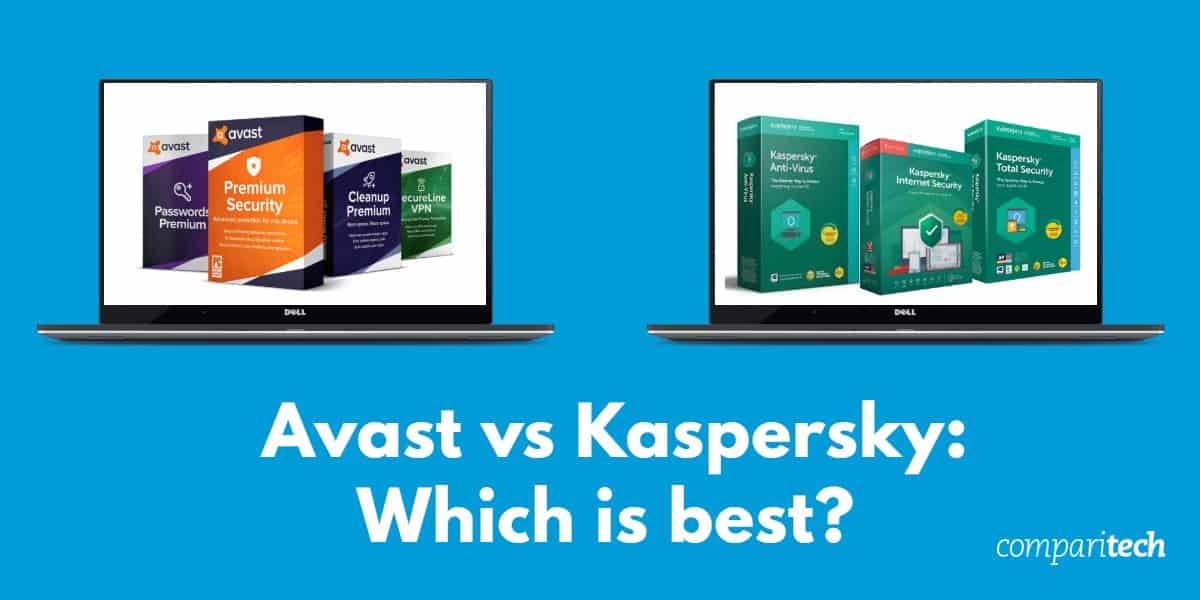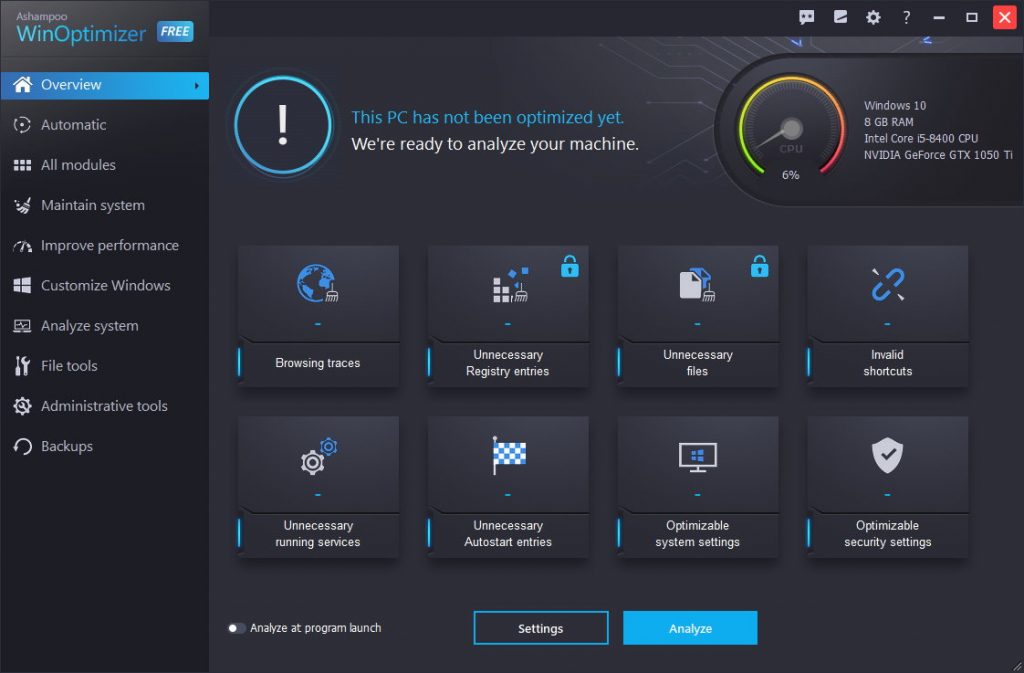Best Kaspersky Antivirus Software Products
|
|
|

Kaspersky Virus Lab (September 18, 2014)
|
|
| Type |
Private |
|---|---|
| Industry |
Computer software [1] |
| Founded |
Moscow, Russia (1997 ( 1997 ) ) |
| Founders |
|
| Headquarters |
Moscow , Russia |
|
Area served
|
Worldwide |
|
Key people
|
Eugene Kaspersky ( CEO ) |
| Products |
Cybersecurity software |
| Services |
Computer security |
| Revenue |
US$ 704 million (2020) [2] |
|
Number of employees
|
4,000+ (2020) [3] |
| Website |
www .kaspersky .com |

Kaspersky Security Cloud Free
Our Kaspersky Security cloud Free Review. Interestingly, Kaspersky’s interface for its free antivirus does not replicate the design of the premium edition. Rather, the free product is a stripped-down version of Kaspersky Security Cloud , with a shield icon marking premium features as requiring upgrade. This product was identical in my hands-on test results to the free edition.
Many of the new enhancements to this edition are hidden under the hood. I have seen the new stalkerware protection working in practice during testing. Kaspersky alerted that it had detected “user activity monitor software” capable of unauthorized access to user data. Kaspersky claims that the number of this kind of malware has increased by 35 percent between 2018 and 2019.
Kaspersky Security Cloud Free includes all the antivirus protection you get in the premium antivirus. The behavior-based System Watcher is also included. This feature was previously only available to paid products. I will summarize these shared features below. For more details, please read my full review.
All four of the independent labs that I monitor include Kaspersky as part of their test reports. Kaspersky scored 9.7 (out of possible 10) in nearly every test. Bitdefender, which was evaluated by all three laboratories, scored 9.9 out of a possible 10. Both received near-perfect scores at the labs.
Kaspersky did not fare as well in the hands-on malware security test. However, when I don’t like my results, I trust the labs and all their many researchers. Kaspersky is at 9.3 percent of the 10 points available. That’s a much better score than Bitdefender, 8.6. Webroot SecureAnywhere antivirus scored the perfect 10, which is my best score for current malware. Recognizing malware and protecting your system against it is great, but making sure that malicious software does not reach your computers is even better. To check that capability I use a collection of malware-hosting URLs recently discovered by the testing lab MRG-Effitas . For blocking dangerous URLs, and for downloading malware files from them, products are equally credited.
Kaspersky scored 89 percent last time I ran this test, but didn’t do quite as well this time around. Kaspersky blocked access to 58 % of the potentially dangerous URLs. It also eliminated 23 percent more during the downloading stage. Kaspersky scores lower for existing products than its peers with an overall score of 81 %. McAfee, Sophos Home Premium , and Vipre all earned 100 percent in their latest tests.
Phishing websites don’t go to the trouble of hosting malware; they just trick users into giving away their login credentials. Kaspersky is quite efficient, however it did not achieve the 100 percent protection that it claimed when it was last evaluated. The winner is still Kaspersky at 96 per cent, but not quite the top. Trend Micro Antivirus+ Security is the winner of this honor. It was detected at 100 percent in its most recent test. McAfee Bitdefender and Norton came in close with 99 percent.
System Watcher is a component that detects malicious activity. This includes ransomware. Even if the regular real-time antivirus doesn’t recognize a threat, System Watcher can home in on its malicious actions. For testing, I turned off real-time protection to test the feature and ran a dozen samples of real-world ransomware.
A couple samples took no action, perhaps because they detected Kaspersky on the system. System Watcher also caught the files encryption ransomware. System Watcher also caught the Petya disk-encrypting ransomware. Bitdefender, and many other companies have not been able to do this.
While one screen locker did successfully lock up my testing system, Kaspersky’s lock-breaker code combination was able to defeat it. To get Kaspersky’s attention even though your interface is locked, you can use this key combination.

Antivirus Software doesn’t have to be expensive
Wirecutter was asked to compile a comprehensive guide on the top antivirus software. So we researched hundreds of apps, read reports from testing labs, institutions, and consulted experts in safe computing. And after all that, we learned that most people should neither pay for a traditional antivirus suite, such as McAfee, Norton, or Kaspersky, nor use free programs like Avira, Avast, or AVG. The best antivirus that most people should buy is, in fact, nothing. Windows Defender, Microsoft’s built-in tool, is good enough for most people.
We read dozens of results from independent labs such as AV Test AV Comparatives. Also, we also read feature articles in many magazines like Ars Technica PCMag. White papers, releases and other information from groups and institutions like Usenix Google’s Project Zero. We also read up on the viruses, ransomware, spyware, and other malware of recent years to learn what threats try to get onto most people’s computers today.
Our conversations with IT pros, security experts, and wirecutter’s information security team have helped us filter through some of the anti-virus headlines. While antivirus has become less useful over time, it’s quite handy.
Although in any category we usually test all the products we’re considering, we can’t test the performance of antivirus suites any better than the experts at independent test labs already do, so we relied on their expertise.

Antivirus Software
The list of antivirus programs we have strong confidence in is short – Kaspersky is one. Bitdefender and Sophos are two other very good paid options, while Microsoft Defender is hard to beat among free versions.
Microsoft has Windows Security coverage, but what about iOS Android MacOS and Android security? If you are using these operating systems, it is best to purchase a premium product. These free products often only offer a glimpse of the vendors’ paid products and limited functionality. Your internet service provider may offer free antivirus software that is perfectly fine, but if you’re the one paying, you have a couple of really good choices that we recommend.
Bitdefender and Sophos are both very affordable and will offer protection to your Windows, and non-Windows, devices for around $45 each year. After the first year, Sophos increases to $60 and Bitdefender to $90 (Kaspersky rises to as much as $100 after the first year). Bitdefender has a business-grade service GravityZone for Linux and Mac that offers some protection for Linux enthusiasts, including Ubuntu users.
Which Kaspersky Products Are Best?
Which Kaspersky version should I buy? Kaspersky Anti-Virus has three options, Kaspersky Internet Security offers Kaspersky Total Security and Kaspersky Internet Security offers Kaspersky Anti-Virus. Kaspersky Total Security offers the best option for users who are looking for an internet security solution that includes parental controls and a password manager.
Kaspersky Antivirus Software Is the Best
Kaspersky Antivirus offers security protection that is very high. It offers admirable protection from viruses, malware, and ransomware, protecting your devices as well or better than its top competitors. You will also find many other useful features, such as a minimal impact on your system’s memory and performance. November 29, 2021
What Is The Number 1 Best Antivirus?
Bitdefender Antivirus Plus is the best overall antivirus.
Which Kaspersky Antivirus Is Best Or Total Security?
Kaspersky Total Security was our choice. Kaspersky Anti-Virus protects you well from malware and ransomware. It is overall a great deal. … We recommend Total Security over Anti-Virus because of the parental controls. Jul 1, 2019.
.Best Kaspersky Antivirus Software Products


